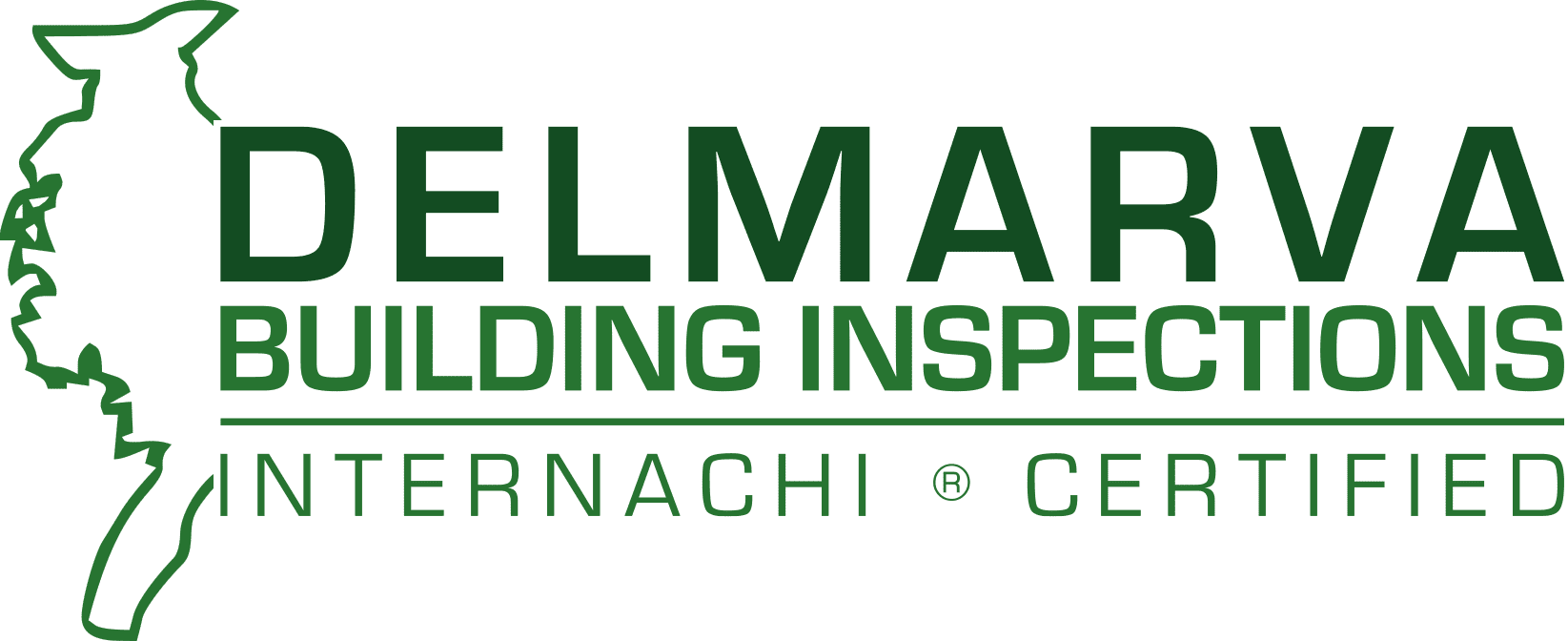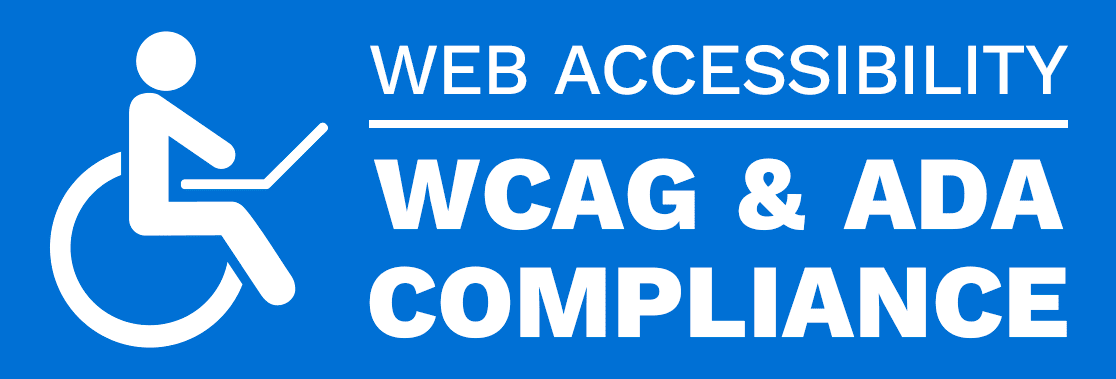

Commercial and Residential Building Inspector In Kent County, Delaware
The outside of the building is the first place your building inspector will look while doing a comprehensive check of the structure. Examining the roof, gutters, and the condition of any outbuildings like decks or porches is also part of the commercial inspection In Kent County, Delaware. In addition, they will look for cracks and other structural issues, as well as telltale indicators of water damage like stains and decay.

The Building Inspection Of The Overall Condition Of The Building
After checking the foundation, the inspector will check the roof for damage to the flashing, shingles, and other components. They will also evaluate the gutters and their condition and downspouts, looking for leaks and other damage. The building inspection will also include the building's framework, including the basement, walls, and floors. The building inspector will look for damage, such as cracks, settling, or other structural problems, and compile a list of those spots that require fixing. The inspector's overarching goal is to identify problems that might compromise the structure's security, usability, or durability and to suggest appropriate solutions.
We Evaluate The Electrical, Plumbing, And HVAC Systems
The building inspector will look for malfunctioning and unsafe conditions in the building's electrical, plumbing, heating, ventilation, and air conditioning systems. Exposed wiring, overloaded outlets, and antiquated circuitry are just a few examples of potential problems we will look for during an electrical system inspection. They will also look for evidence of damage, such as broken switches or blown bulbs. Also, we'll evaluate the condition of the electrical panel and the wiring.
We'll also check for leaks, obstructions, and other problems that might arise in the plumbing system. Part of the assessment will include the condition of the appliances and fixtures, like the sinks, toilets, and shower heads, to ensure that they are working properly.
Your Building Inspector Will Assess The HVAC System's Reliability
We'll also perform an assessment of the HVAC system's reliability and security. They will look at how old the unit is, how well it has been maintained, and how clean the filter and ducts are. They will also look for any indications of leaks, blockages, or anything else that might compromise the system's effectiveness or safety. The building inspection will also look for signs of natural gas or carbon monoxide leakage. Finally, the inspector will generally look for problems that might compromise the systems' security, operability, or efficiency and suggest solutions.
Delaware Performs Licensed, Certified Commercial Building Inspections
We have a group of skilled licensed building inspectors that specialize in your area. Our inspectors have expert knowledge and are meticulous in providing you with the comprehensive reports that your company needs. Below are some of our licensing and certifications:
- Maryland State Contractor License #79009
- Delaware State Contractor License #2016600660
- Maryland State Residential Home Inspector #33884
- Delaware State Residential Home Inspector #H4-0010181
- FAA Certified Unmanned Aerial System Pilot) 10387655 - 20220831-00677
- Certified Private Pilot with Instrument Rating
- OSHA HAZWOPER #183328
- IICRC Water Damage Restoration Technician
- InterNACHI Certified Professional Building Inspector (CPI), NACHI 61092825
- FAA Part 107 Certificate
- EPA LEAD SAFE FIRM NAT-F172/84-2
- PESTICIDE APPLICATOR DE 22-253
- Certified Supervisor For EPA AHERA (Asbestos Abatement)
- Maryland Certified Mold Inspector
- Delaware Certified Mold Inspector
Radon is produced during the decay of uranium. It is a non-reactive gas that can seep through openings like those in a building's foundation. It lacks all sensory qualities, including smell, color, and taste. Just like other soil gases, radon may enter your home through cracks and crevices. Your building inspector may provide further information regarding radon. Learn More
Looking at the parts of a building that are low to the ground may tell you a lot about its overall condition. Also your inspection report, we will tell you if your building shows signs of wood-destroying insects such as termites. For example, termites are a major concern for every home and building owner despite the fact that they may be readily eradicated from a building if detected in time. Learn More
It is the building owner's final obligation to guarantee the safety of all drinking water sources on the premises. Test the building's water for pH levels, bacteria, nitrates, and other contaminants. Delmarva Building Inspections provides water quality specialists that can test the water in your Delaware house or building. Learn More
One of our qualified inspectors can help you with a sewage line inspection if you require one. Maintain your building and check that all appliances are functioning properly. Sewer pipes that are several decades old are notorious for causing problems. It indicates that you care about the buyer's interests as well as your own by having a sewer line inspection done. Learn More
Whether you're selling a house or a commercial space, you'll face a number of challenges during the sale process. However, gathering high-quality still and moving images is one of the most challenging to produce. More people may access high-quality aerial photography thanks to the widespread availability of drones and the recent introduction of new FAA restrictions. Learn More
All business and residential properties should have lead-based paint inspected as part of a regular inspection schedule. We are well-versed in all municipal, state, and federal regulations as they pertain to commercial structures. Consistent with regulations set out by the EPA, they have also certified us as a Lead-Safe Certified Company under NAT-F172/84-2. Learn More
Do you plan to buy, sell, or rent a new building? Then it's time to get a mold inspection before going any further. When evaluating a building, a mold inspection should be at the top of the list. However, it must be asked for as part of the inspection. Learn More
Recent years have witnessed significant technological advancements in thermal imaging. High-resolution cameras, capable of detecting minute temperature variations, coupled with real-time image analysis software, have rendered thermal imaging indispensable across diverse sectors Learn More
Licenses & Certifications
The Fire Protection And Other Safety Systems Are Checked
Fire extinguishers, smoke detectors, and other types of fire protection equipment will all get tested during an assessment of the building's fire protection and safety systems. The smoke detectors must be in good working condition and equipped with new batteries for the inspector to pass the building inspection. As part of their inspection, they will ensure that smoke alarms are installed in all appropriate sections of the structure. They will also inspect the fire extinguishers to make sure they are in working order, situated appropriately, and of the correct type and rating. In addition, they'll ensure the fire extinguisher isn't hidden behind anything and can be reached quickly in an emergency.
Your Building Inspector Will Check Safety Features
The building inspector will also look for other forms of fire safety technology, such as smoke detectors and extinguishers. Again, we'll evaluate the state and operation of these systems, and any problems found will be documented. You can expect all emergency exits to be well-marked and easily accessible, as well as adequate illumination for these exits. Your inspector's overarching goal is to verify that the building complies with all applicable fire rules and regulations by identifying any potential hazards and providing suggestions for corrective action.
The Structure Must Maintain Conformity With Current Building Laws And Regulations
During a building inspection, we'll ensure that the structure satisfies all of the requirements established by the government for its use, including those pertaining to safety, accessibility, and occupancy. Furthermore, the building inspector will verify that the structure was built and maintained in conformity with current building laws and regulations. In addition, we will ensure the structure complies with all zoning and land use regulations and has all necessary licenses and approvals. Finally, the building inspector will examine the energy efficiency of the building's insulation, windows, and HVAC system and ensure the building conforms to applicable local standards and regulations.
Your Building Inspector Will Outline Any Infractions And Make Recommendations
As part of their building inspection, they will look for signs of conformity with regulations pertaining to the accessibility of the building for individuals with disabilities. If the building violates any codes, the report outlines the infractions and makes recommendations for making the building compliant. Even though a building was constructed in accordance with the rules and regulations in force at the time of construction, this does not guarantee that it is still in accordance with the codes and regulations in effect today. Your inspector's overarching goal is to ensure that the building complies with all applicable laws and standards before it is made available for habitation.
Health And Safety Is The Top Priority
During a building inspection, we'll look for any potential health or safety hazards that may be present in the building. In addition, they will check for any issues that could pose a risk to the occupants or visitors of the building and will make recommendations for any necessary repairs or upgrades. Some examples of potential health and safety hazards that the inspector may look for include:
- Asbestos: Asbestos was commonly used in building materials prior to the 1980s, and it can pose a serious health risk if disturbed or damaged. They'll check for the presence of asbestos in materials such as insulation, floor tiles, and ceiling tiles and will make recommendations for its safe removal or encapsulation if necessary.
- Lead paint: Lead paint was also commonly used in building materials before 1978, and it can be a health hazard if it is disturbed or peels or chips. The inspector will check for the presence of lead paint in the building and make recommendations for its safe removal or encapsulation if necessary.
- Mold: Mold can grow in areas with high humidity or moisture, and it can cause health problems such as allergic reactions and respiratory issues. They check for any signs of mold, such as musty odors or visible growth, and will make recommendations for its removal and prevention.
- Pest infestations: Pests such as termites, cockroaches, and rodents can cause damage to the building and can pose health risks to the occupants. The building inspector will check for any signs of pest infestations and make recommendations for their removal and prevention.
- Carbon monoxide and natural gas leaks: Carbon monoxide and natural gas leaks can be fatal, so your building inspector will check for the presence of these hazards and make recommendations for any necessary repairs or upgrades to ensure the safety of the building's occupants.
Overall, the inspector will be looking for any potential health or safety hazards that may be present in the building and will make recommendations for any necessary repairs or upgrades to ensure the safety and well-being of the building's occupants.

















